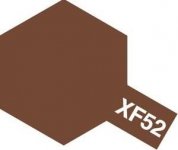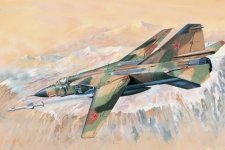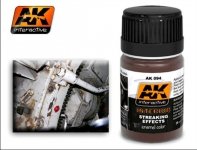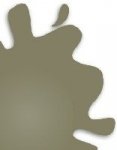-
Załączniki bezpieczeństwa
Załczniki do produktuZałączniki dotyczące bezpieczeństwa produktu zawierają informacje o opakowaniu produktu i mogą dostarczać kluczowych informacji dotyczących bezpieczeństwa konkretnego produktu
-
Informacje o producencie
Informacje o producencieInformacje dotyczące produktu obejmują adres i powiązane dane producenta produktu.MiniArt
-
Osoba odpowiedzialna w UE
Osoba odpowiedzialna w UEPodmiot gospodarczy z siedzibą w UE zapewniający zgodność produktu z wymaganymi przepisami.
Miniart 39007 Armoured Car Austin 3rd series. 1/35
Plastikowy model do sklejania. Nie zawiera kleju ani farby.
Austin Armoured Car był brytyjskim samochodem pancernym z okresu I wojny światowej. Uzbrojenie wozu stanowiły dwa karabiny maszynowe Maxim lub Hotchkiss, umiejscowione w oddzielnych wieżach po obu stronach kadłuba.
The Austin Armoured Car was a British armoured car produced during the First World War. The vehicle is best known for its employment by the Imperial Russian Army in the First World War and by different forces in the Russian Civil War.
In addition to the British-built Austins, a few dozens of vehicles were manufactured in Russia in 1918–20. These are usually referred to as Austin-Putilov or – if fitted with a Kégresse halftrack chassis – Austin-Kégresse. In August 1914, just after the beginning of the First World War, the army of the Russian Empire started to form armoured car units. Due to limited production capabilities of the country's automotive industry it was decided to order a number of vehicles abroad. A committee was sent to the United Kingdom, but failed to find an armoured car that met their requirements for overhead protection and two machine gun turrets.
To meet these requirements, the Austin Motor Company designed a new armoured car. The vehicle, known as Austin 1st series, was based on a passenger car chassis with rear-axle drive. Wheels were wooden, spoked, with pneumatic tyres and an additional set of wheels with full rubber tyres for use in combat was carried. Two Maxim machine guns were mounted in separate turrets placed on both sides of the hull behind the driver's cab. The vehicle was protected by armour plates 3.5–4 mm thick screwed to a body frame. The crew of four – commander, driver and two gunners – could enter or leave the vehicle via a door on the left side of the cab or via big two-leaf rear door. On 29 September 1914, 48 armoured cars were ordered. One car cost 1,150 pounds. After arrival in Russia the front and turret armour was replaced with 7 mm plates. First combat experience, however, revealed that the protection was still too weak and the vehicles were fully rearmoured at Izhorski Works, Izhorsk. The improved armour made the Austins much heavier, resulting in limited mobility and occasionally in chassis damage. However, the car was still considered more successful than alternative designs by, among others, Armstrong Whitworth, Renault and Sheffield-Simplex.
On 6 March 1915 the Russians ordered 60 vehicles of an improved design, known as Austin 2nd series. This time the chassis of a 1.5 ton truck with a more powerful engine was used. The hull was shorter, with thicker armour, the driver's cab roof was modified to improve machine guns' angle of fire. Less welcome was a removal of rear access door. The army also decided it wanted a rear driving post, so after arrival to Russia all vehicles were fitted with a redesigned rear hull section, which housed a second driving post and additional hatch. Another upgrade was the addition of side shields to the machine guns.
Sixty units of Austin 3rd series were ordered on 25 August 1916. The vehicles were similar in characteristics to the 2nd series, but had modified rear hull with driving post, MG shields, bulletproof glass in the front vision slots and lacked big side windows.
Yet another version, with strengthened chassis and double rear wheels, sometimes referred to as Austin model 1918, was ordered in 1917 but due to events in Russia none were delivered.
HIGHLY DETAILED PLASTIC MODEL KIT.
BOX CONTAINS MODEL OF ARMORED CAR WITH FULL INTERIOR
DRIVER COMPARTMENT AND INTERIOR OF TURRETS ACCURATELY REPRESENTED.
HIGHLY DETAILED ENGINE COMPARTMENT
ALL HATCHES CAN BE ASSEMBLED IN OPEN OR CLOSED POSITION.
CLEAR PLASTIC PARTS INCLUDED
7 MARKING OPTIONS
PE PARTS ARE INCLUDED














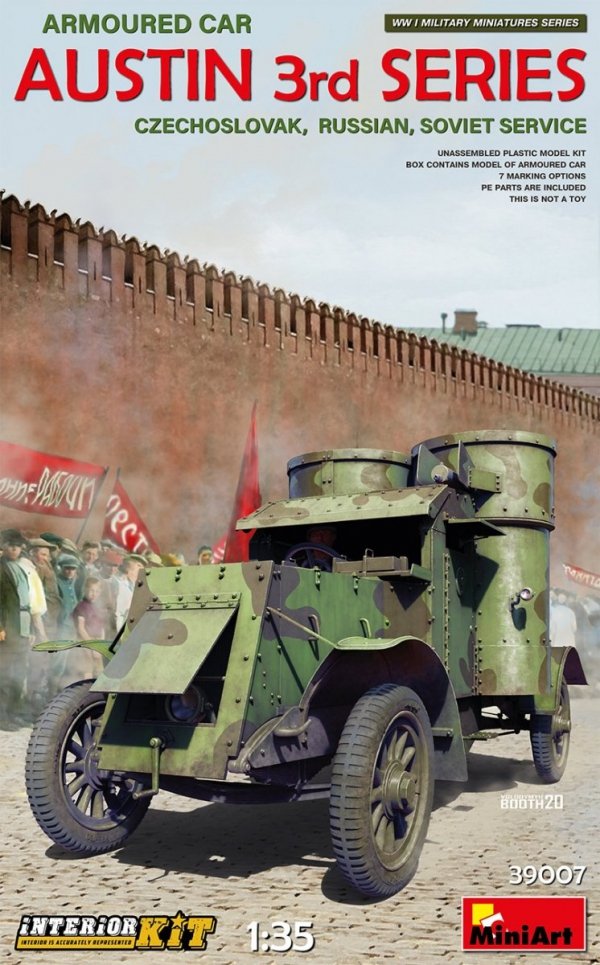
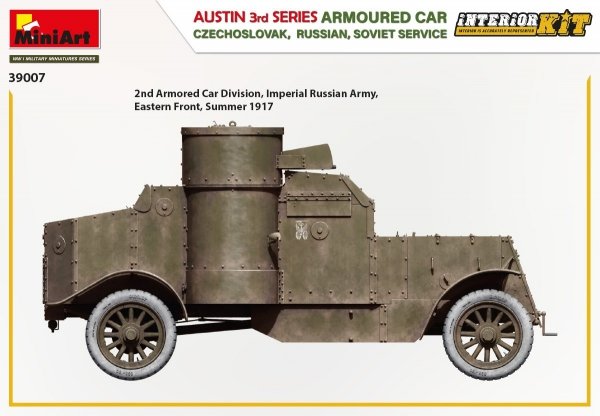
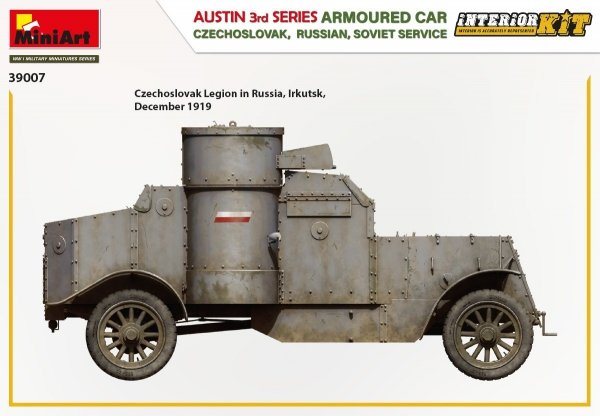
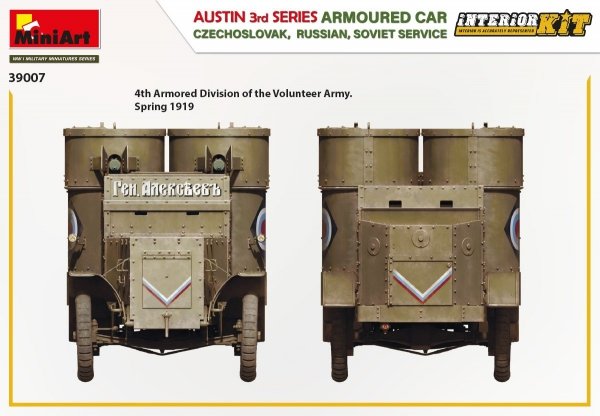
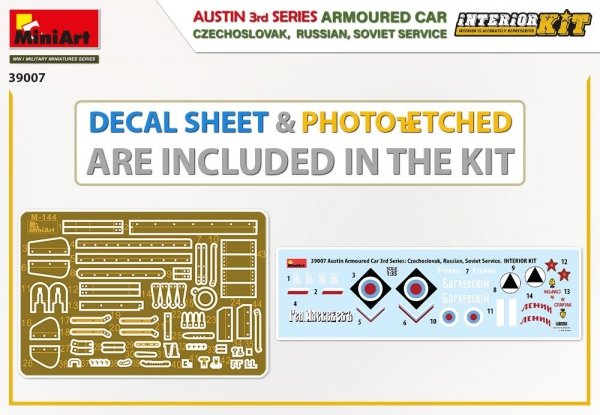
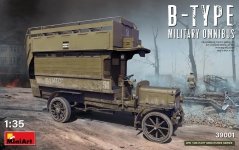
 6 szt.
6 szt.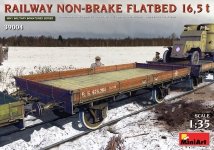
 3 szt.
3 szt.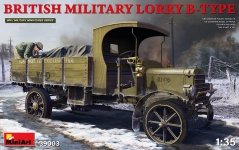
 2 szt.
2 szt.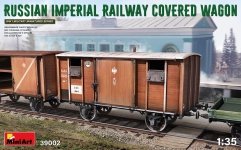
 1 szt.
1 szt.